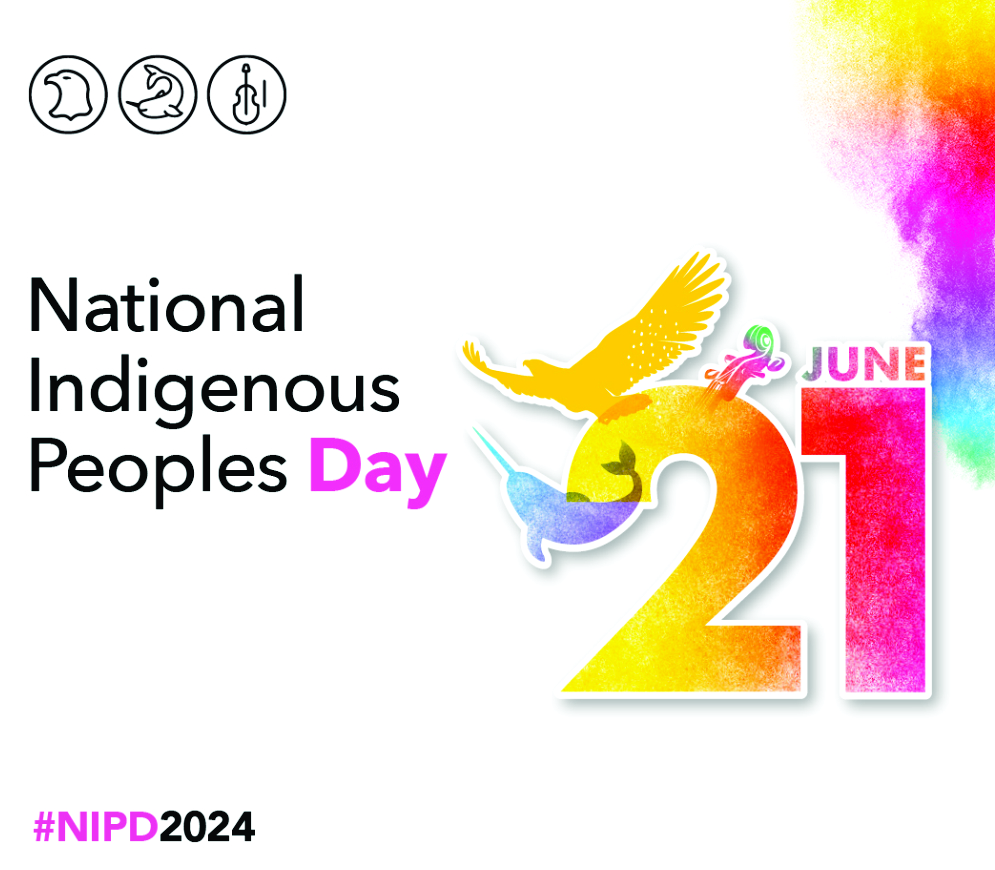
Posted On: Wednesday, June 19, 2024

June is National Indigenous History Month in Canada, an opportunity to learn about the unique cultures, traditions and experiences of First Nations, Inuit and Métis. It's a time to honour the stories, achievements and resilience of Indigenous Peoples, who have lived on this land since time immemorial and whose presence continues to impact the evolving Canada.
The House of Commons designated June as National Aboriginal History Month in 2009. The name was changed to National Indigenous History Month in 2017.
Each week throughout the month of June, we will be highlighting specific aspects of Indigenous history, cultures and perspectives. Explore learning resources on each theme:
We encourage you to take some time to learn more about First Nations, Inuit and Métis as well as our collective past. Here are a few ideas of how you can get involved and show your support.
The best way to gain a deeper understanding of First Nations, Inuit and Métis experiences is through their own voices. Enjoy Indigenous storytelling by picking up a book, attending a show, watching a movie or listening to music from Indigenous artists.
You can also check out the GC Indigenous Instagram account to learn more about inspiring Indigenous women, 2SLGBTQ+ people, environmentalists, artists, activists, scientists and researchers.
For generations, many Indigenous communities have celebrated their culture on or near June 21, the summer solstice. Learn more About National Indigenous Peoples Day and how the tradition lives on.
Take the first steps on your educational journey:
There is also the Reconciliation: A Starting Point app you can download on you smart device to learn about Indigenous Peoples in Canada, key historical events and reconciliation initiatives.
Visit the National Centre for Truth and Reconciliation Commission to learn more about the tragic legacy of residential schools, the experiences of families and Survivors as well as the 94 Calls to action to start the healing process.
Read documents from the National Inquiry on Missing and Murdered Indigenous Women and Girls and educate yourself about the impacts that colonialism and racism still have today on the lives of Indigenous women and girls as well as on their families and communities.
Look at these maps of Indigenous Peoples and lands to see the First Nations, Inuit and Métis communities around you and the traditional land you live on. Find out more about the significance of land acknowledgment and how you can integrate this practice in your life.
Watch this video and check out this infographic for an overview of population statistics for First Nations people, Inuit and Métis in Canada from the 2021 Census. Statistics Canada also offers a wide range of data on various subjects related to Indigenous peoples.
Throughout the month of June, individuals, communities and organizations will showcase First Nations, Inuit and Métis historic figures, leaders and cultures on social media with the hashtag #NIHM2024. Stay connected and share what resonates with you!